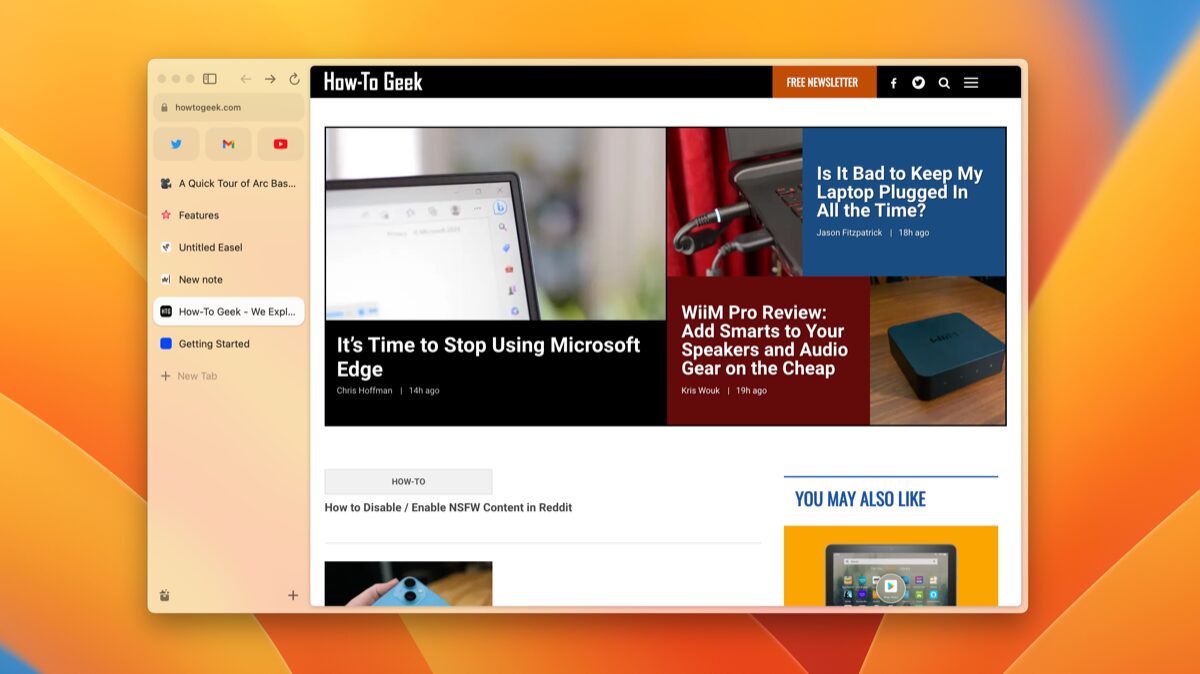Google’s New ADB Trade-In Mode Could Make Android Phone Upgrades Faster and Less Stressful
Android
Quick Links
-
Why Trade-Ins Take Time
-
What Is Trade-In Mode?
-
Keeping Your Data Safe
-
When Can We Expect Trade-In Mode?
If you’ve ever traded in your old Android phone, you know the wait can feel endless as you hope it qualifies for full trade-in value. It seems Google is developing a new “Trade-In Mode” for Android, designed to speed up evaluations and reduce wait times for users.
Why Trade-Ins Take Time
Trade-ins often take time due to the large volume of devices that need thorough inspection. While some phones are quick to assess (especially if they’re visibly damaged or don’t turn on), devices in good condition require more attention. Technicians need to boot up each phone, go through the setup process, and run diagnostic tests to confirm everything is functioning properly.
Additionally, since users are advised to factory reset their phones before trading them in, technicians must go through the full Android setup wizard before diagnostics can even begin. Although they can skip through most screens, repeating these steps for each phone can add up to significant wait times.
What Is Trade-In Mode?
Trade-In Mode is specifically designed to speed things up by letting technicians bypass the usual setup wizard and jump right into diagnostics. This mode works through the Android Debug Bridge (ADB), a tool that developers and technicians use to communicate with Android devices. Normally, ADB access is restricted—you need to enable Developer Options, toggle on “USB debugging,” and approve the connection before running any diagnostics. But for trade-ins, this whole setup process is just extra baggage.
With Trade-In Mode, Google is allowing ADB access right from the first screen of the setup wizard. So, instead of tediously going through the setup on each phone, technicians can plug it in, run a quick ADB command, and access an “evaluation mode” for diagnostics. In the long run, this could significantly cut down the wait time for trade-in evaluations, so you’ll get your trade-in value faster.
Mishaal Rahman has detailed the nitty-gritty really well, so I would suggest reading his piece if you want to dive deeper.
Keeping Your Data Safe
But what about your data? Rest assured, Google’s got a plan. Since ADB is a powerful tool, Google is limiting the commands that technicians can use in Trade-In Mode to essential diagnostics only. So, even though technicians can access the system to test hardware and functionality, they won’t be able to see personal files or anything else sensitive. Plus, once the inspection is done, the device is forced to factory reset on the next reboot to keep everything secure.
When Can We Expect Trade-In Mode?
While Google is confirmed to be working on Trade-In Mode, its release timing is still unclear. Rahman suggests it could be included in Android 16, but it might also arrive as a standalone update. Either way, this is all backend stuff for the technicians handling the trade-ins so that you won’t notice any visual changes. But the impact? That you’ll definitely feel. Faster trade-ins, faster payouts, and more confidence that your data’s secure? That’s a win-win.
















